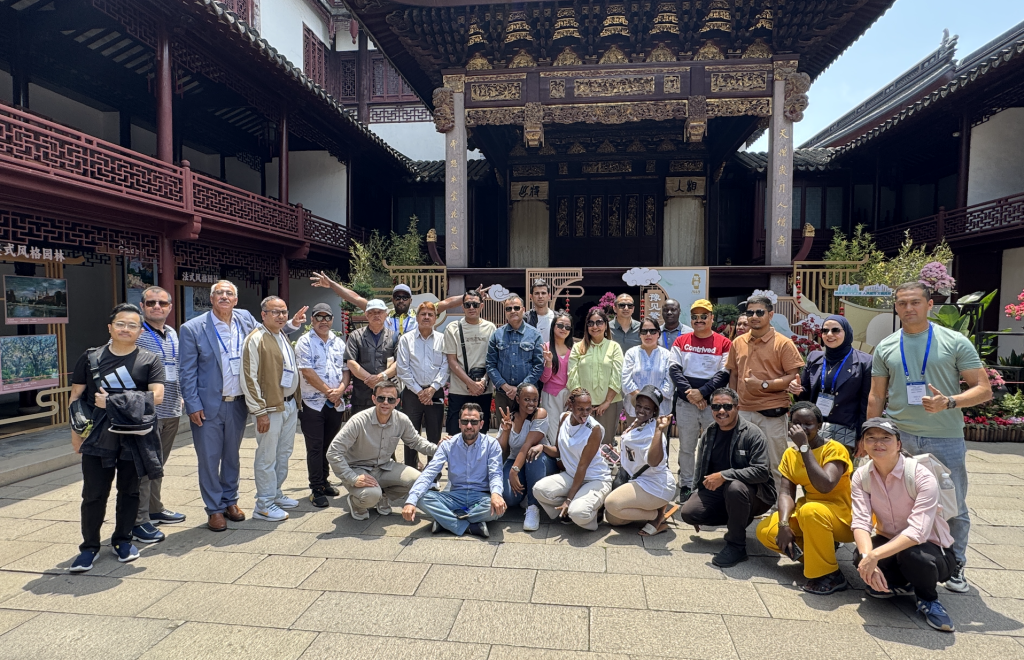From April 24th to May 7th, 2025, YEAB’s 8th President, Chai Li (CL), spent two transformative weeks representing Brunei at an international seminar under the Global Development Initiative (GDI). Held across Beijing, China’s heart, and Shanghai, its economic powerhouse, the programme brought together over 32 participants from 9 countries.
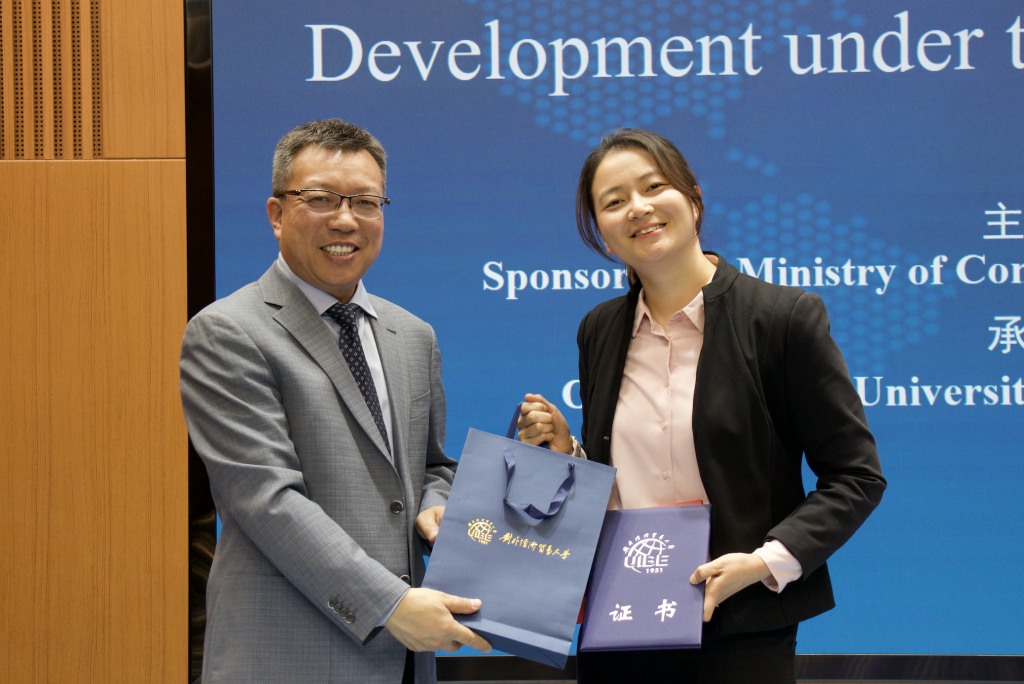
Organised by the University of International Business and Economics (UIBE) with the support of the Ministry of Commerce of the People’s Republic of China, the seminar:
Economic and Trade Cooperation and Development under the Global Development Initiative
offered more than just academic lectures.
It was, in CL’s words, “a masterclass in China’s development playbook, strategic vision, and cultural intelligence”. Participants engaged in a full-spectrum learning journey, from high-impact lectures and site visits to cultural immersion and peer collaboration.
One of the most impactful lectures, CL shared, was by Ms. Xu Jin, Associate Professor at China Agricultural University. Her session on China’s International Cooperation in Agriculture featured the remarkable story of Hebian Village, a remote ethnic minority village near the Sino-Lao border. Though participants did not visit Hebian in person, the case study left a lasting impression. Once trapped in generational poverty, the village was revitalised through a multi-dimensional strategy integrating infrastructure, education, digital platforms and rural tourism.
For CL, it reframed the very idea of development where development is not for the sake of aid, but as an ecosystem design with measurable outcomes.
“This is how development should be done — by design, not default.”
As the founder and CEO of Mavens Dot Live, an education venture, CL reflected on the story through the lens of an educator. What if learning platforms weren’t just designed to deliver knowledge, but to create livelihoods?
The Hebian model affirmed her belief that education can and should be part of a larger ecosystem. One that connects learning to opportunity, and communities to sustainable growth.
From the entrepreneurial lens, another session stood out: Mr. Bian Yang, Associate Professor at UIBE’s School of Banking and Finance, presented a lecture on Investment and Financing Cases under the GDI.
Participants explored how practical cooperation, project-led models and financial innovation drive sustainable development. What resonated most for CL was their post-lecture exchange where they shared a candid discussion on China’s domestic consumption strategy in response to global trade shifts.
“From targeted subsidies to infrastructure investment and consumer-friendly policies, the Chinese government is actively working to expand its internal market,” CL noted.
“It’s a high-stakes but strategic move toward long-term resilience and economic self-reliance — a lesson every emerging economy can learn from.”
In Shanghai, participants visited Xinghui Vegetable Co., a long-standing innovator in agriculture. The site showcased China’s investment in food security, agritech, and data-driven farming.
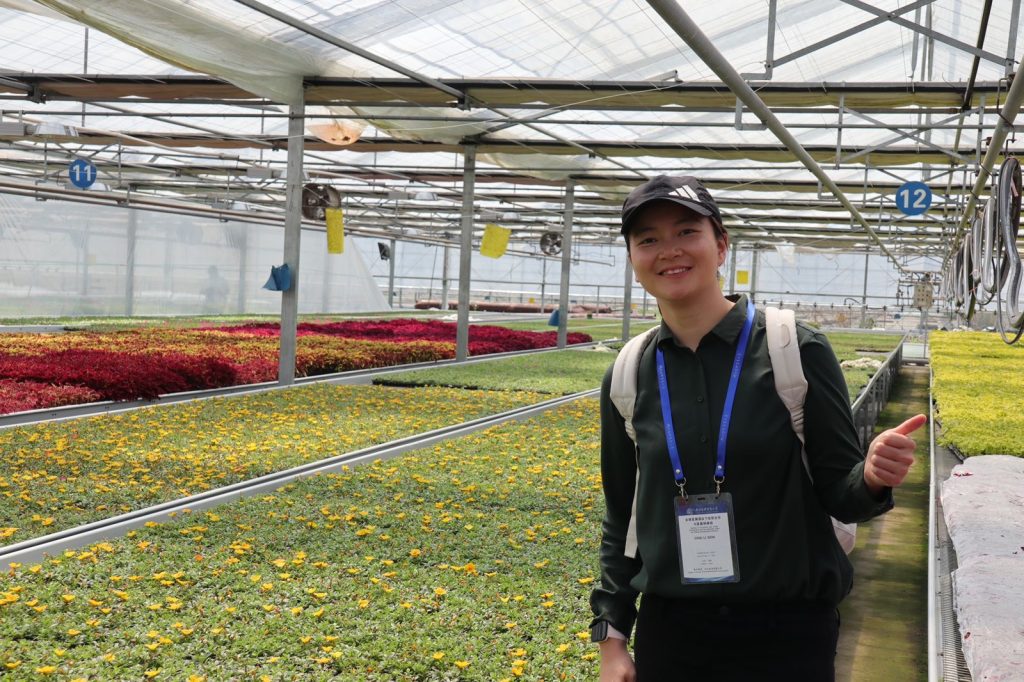
📸 CL at Xinghui Vegetable Co. — exploring agricultural innovation first-hand
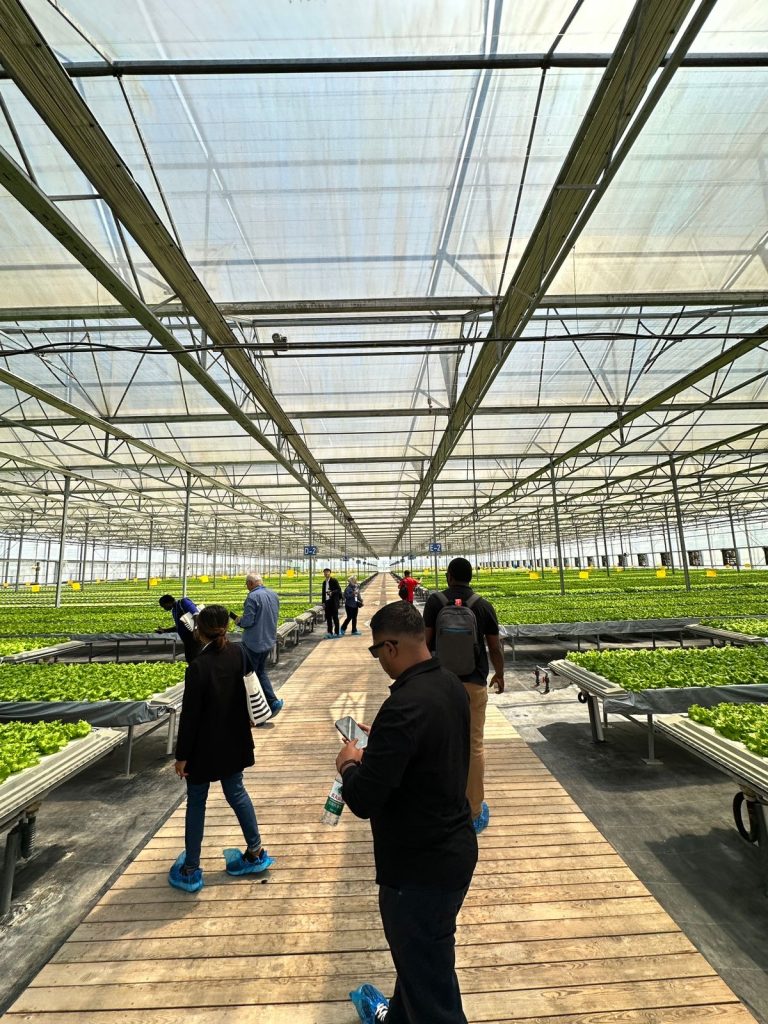
They also travelled to Changyuan Village, a once-dormant area revitalised through ecological governance and cultural tourism. The village now stands as a living example of rural transformation aligning with China’s long-term development goals.
🌐 The Strategy Behind GDI & BRI
This seminar was part of China’s Global Development Initiative. A platform for mutual growth, global cooperation, and strategic alignment. The GDI is grounded in six core principles:
- Development as Priority – Macro policy alignment and infrastructure-led growth
- People-Centered – Quality of life as a key performance indicator
- Benefits for All – Equity, inclusivity, and attention to vulnerable communities
- Innovation-Driven – Leveraging AI, biotech, and the digital economy
- Harmony with Nature – Environmental sustainability as a non-negotiable value
- Results-Oriented – Measurable targets, real outcomes, and long-term accountability
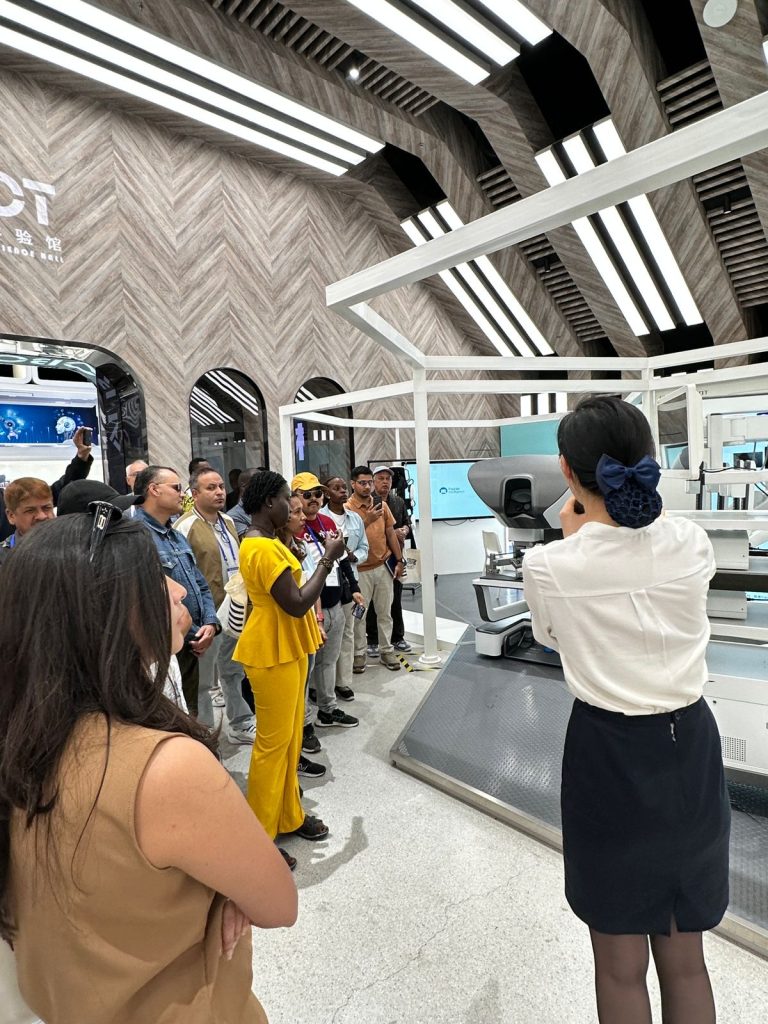
“This isn’t abstract theory,” CL noted.
“These principles are already shaping policies, partnerships and capital flows across Asia, Africa and beyond.”
Beyond the lectures and site visits, it was the people that made this seminar truly exceptional.
“We didn’t just network– we lived together,” CL said. “We navigated Beijing’s subways, shared meals and climbed the Great Wall.”
Yes — only 8 out of 32 participants made it to the summit, and CL was proudly one of them.
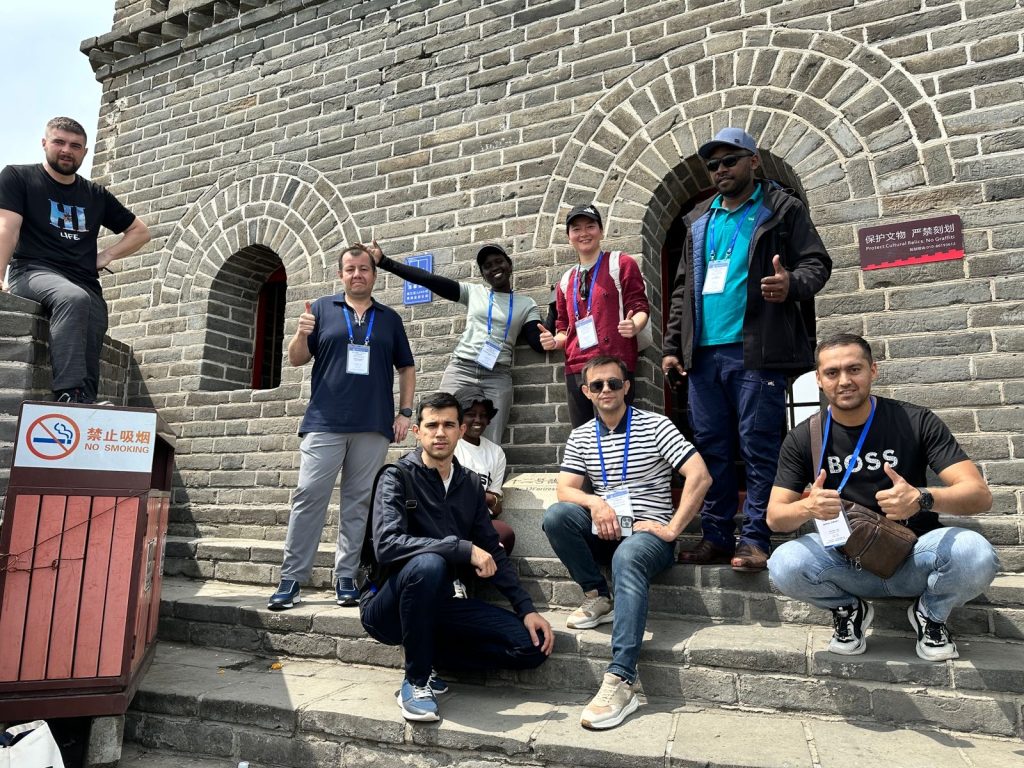
And while cultural immersion was part of the programme, she became the unofficial local guide, translator and go-to support system for her group. CL jokes how its probably because she was often mistaken as a local by the locals.
These shared experiences forged meaningful relationships, grounded in trust, laughter and common purpose.
CL’s biggest takeaway? China’s development story isn’t a lucky outcome but a result of visionary leadership, policy alignment and systems thinking. “Development here isn’t just GDP-focused — it’s designed as a compound engine of infrastructure, human capital and soft power.”
As someone building an education venture with regional ambitions, CL left the seminar inspired to rethink what learning could enable:
“What if education wasn’t a product, but a platform for ecosystem uplift?”
And among the many insights CL brought home, one Chinese proverb stuck with her:
If you want to get rich, build roads first.
“Infrastructure,” she noted, “isn’t just about roads or buildings. It’s about connecting people, opportunities and ideas.” The seminar reaffirmed her belief in systems thinking; that sustainable development stems from long-term relationships, strong networks and inclusive design.
YEAB is excited for CL’s future endeavours following this programme! From her insight, we learned that this seminar wasn’t just a study trip. It was a front-row seat to intentional nation-building.
CL’s participation represents more than personal growth but also YEAB’s ongoing commitment to cultivating youth who are globally engaged, socially aware and strategically minded.
Her journey encapsulates what YEAB stands for:
💡 Building bridges between Brunei and the region
💡 Cultivating leadership through international exposure
💡 Amplifying youth voices on the issues that matter
YEAB deeply appreciates the lessons and insight CL brings back for the collective growth of our community. We look forward to seeing our members continue to shape global conversations and drive meaningful impact, both at home and beyond.
